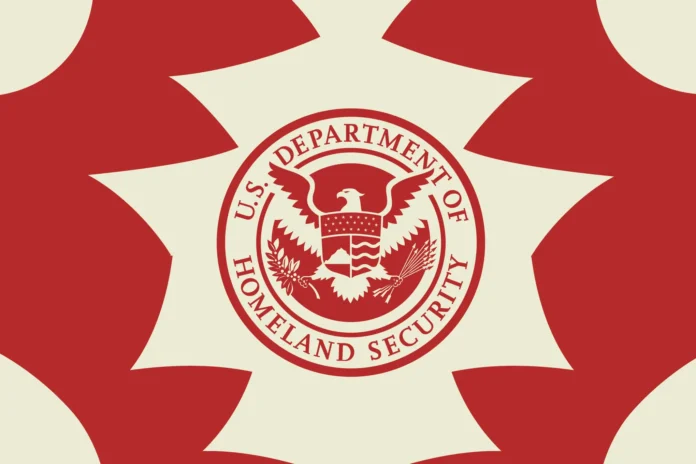The Trump administration is considering a new policy that would require applicants for green cards, U.S. citizenship, asylum, or refugee status to disclose their social media accounts as part of the immigration process. The proposal, introduced by U.S. Citizenship and Immigration Services (USCIS) in the Federal Register this week, is aimed at enhancing national security through more rigorous vetting procedures.
Social Media Data as a Vetting Tool
According to USCIS, the new requirement aligns with President Trump’s executive order, Protecting the United States from Foreign Terrorists and Other National Security and Public Safety Threats, issued on his first day in office. This order directs the Department of Homeland Security (DHS) and other agencies to maximize screening measures for all individuals seeking entry or legal status in the U.S.
The proposal, which is open for public comment until May 5, would require applicants for certain immigration benefits to list their social media handles on official forms. This policy is expected to impact more than 3.5 million people, including those applying for green cards, naturalization, asylum, and refugee status, as well as relatives of those already granted asylum or refugee protection.
Modernization or Migration Restriction?
Some experts see this move as a long-overdue modernization of the immigration system, which has yet to fully integrate digital-era security measures. Kathleen Bush-Joseph, an analyst specializing in U.S. immigration policy, noted that immigration processes often lag behind technological advancements. However, she also raised concerns about whether the policy is part of a broader strategy to restrict legal migration.
The Trump administration has already implemented various measures limiting immigration, including indefinitely halting refugee resettlement and revoking Temporary Protected Status for Venezuelan and Haitian nationals. Additionally, Project 2025, a policy framework for a potential second Trump term, outlines plans for significantly reducing legal immigration.
Uncertainty Over Implementation and Impact
While the proposed policy emphasizes national security, it remains unclear how USCIS will use social media data in determining eligibility for immigration benefits. It is also uncertain whether this new screening process will lead to an increase in application denials.
As the public comment period continues, immigration advocates and legal experts will be closely monitoring developments to assess the full impact of this policy.
Stay tuned to DC Brief for further updates on this story and other technology developments.


